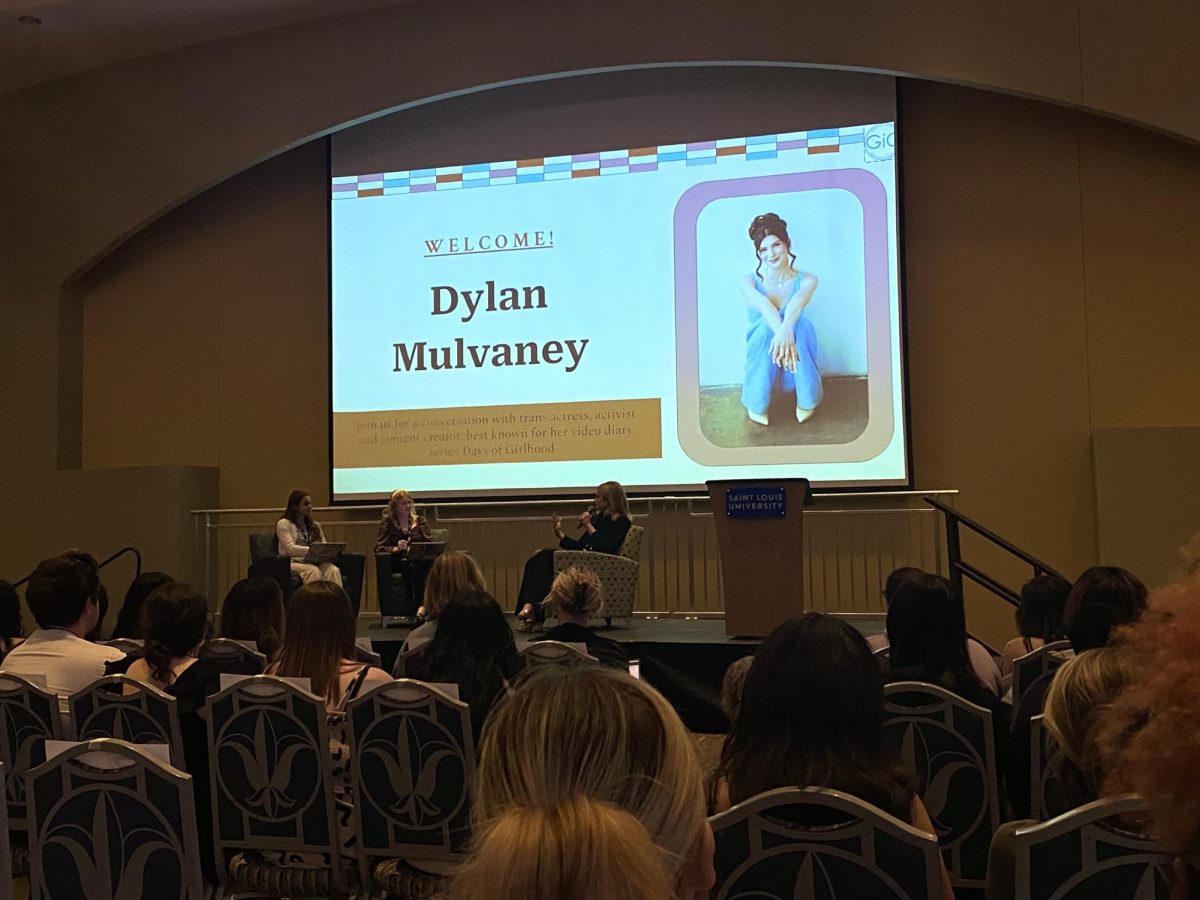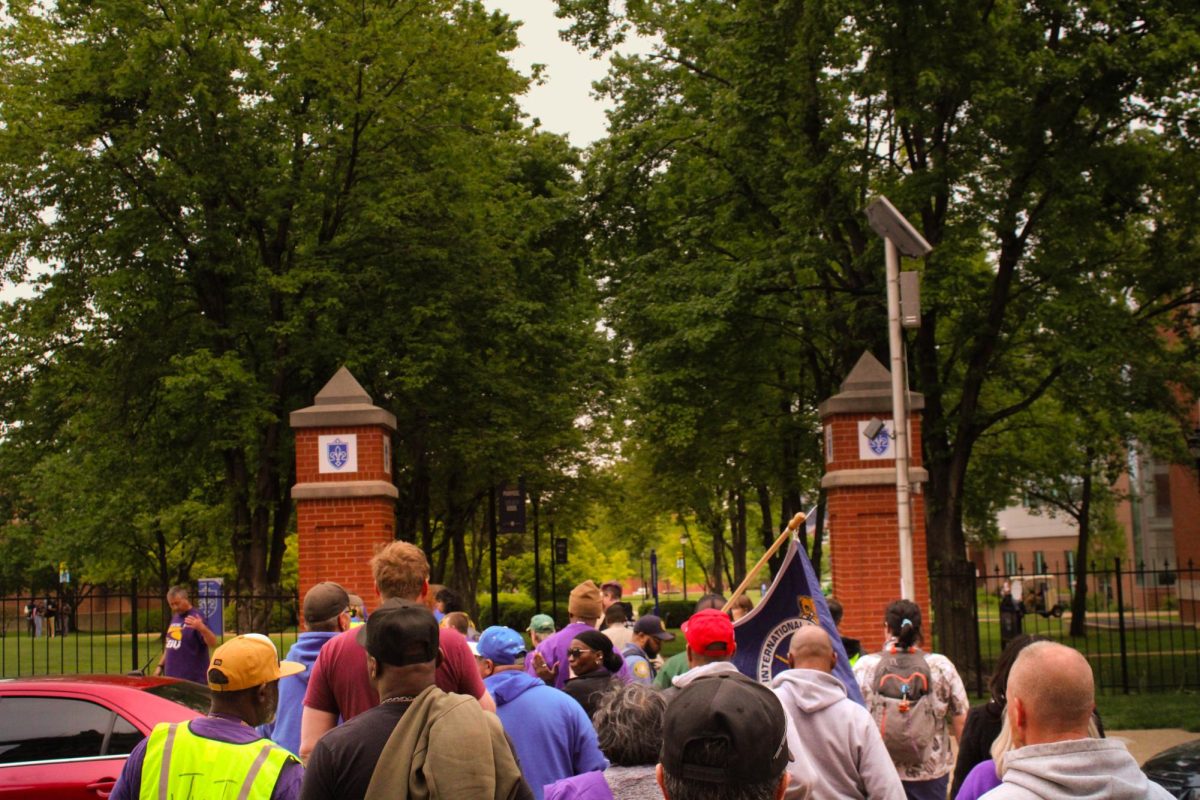The war on terrorism has recently shifted from airports to post offices in the form of anthrax.
Since the first discovered case in Boca Raton, Fla., there have been a total of 16 reported cases as of yesterday.
Now many experts are awaiting the shift from anthrax to some other biological agent, such as smallpox, to inflict terror upon the American public.
Health experts and doctors are currently scrambling to find new ways to effectively and efficiently deal with these diseases.
Saint Louis University has been at the front of this battle for the past six months.
Last February, a new research facility, known as The Center for the Study of Bioterrorism and Emerging Infections (CSB&EI), was opened at SLU’s School of Public Health as the result of a $1 million federal start-up grant. The grant came from the Centers for Disease Control and Prevention, located in Atlanta. The center is currently working with the FBI in the present bio-terrorist investigation.
SLU has also received a grant from the National Institutes of Health, and last May received a seven-year, $3.92 million contract from the National Institute of Allergy and Infectious Diseases.
At the Center for Vaccine Development at SLU’s School of Medicine studies are underway to develop an effective and safe vaccine to protect humans against smallpox. Researchers will be studying the effectiveness of a dilution of Dryvax.
In 1980, Dryvax was proved successful in the world’s eradication of smallpox. The vaccine is no longer produced, but a limited supply is available at the CDC.
SLU has also recently received funds to better train “frontline workers.” These include EMTs (Emergency Medical Technicians), doctors and nurses.
Since the Sept. 11 attacks, the government and public service agencies have stressed the importance of these professionals to adequately respond to any terrorist action.
A SLU press release stated that “about 80 percent of the nation’s 500,000 frontline public health workers lack formal education in public health, and enhancing public health work force competencies is sorely needed.”
Through telephone interviews, mailed questionnaires and focus groups, the CSB&EI is working to see how they can best train and work with those on the “front line.” They also hope to create a consensus among the health care community on their attitude surrounding the issue.
The CSB&EI Web site, located at http://bioterrorism.slu.edu/, states its mission; “To provide public health and healthcare facilities with the tools needed for preparedness, response, recovery, and mitigation of intentional or naturally occurring outbreaks.”






